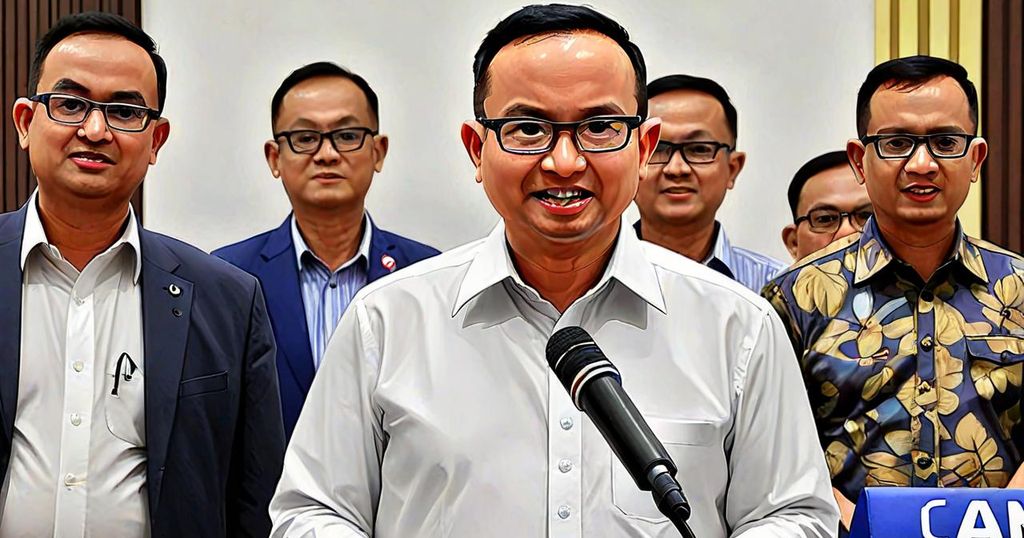Former Jakarta governor Anies Baswedan has officially announced his running mate for the upcoming Indonesia presidential election. The chosen partner is Muhaimin Iskandar, who currently serves as the chairman of Indonesia’s National Awakening Party (PKB).
The National Awakening Party is known for its close ties with Nahdlatul Ulama (NU), the largest Islamic organization in Indonesia with approximately 40 million members. The selection of Iskandar as Baswedan’s running mate has significant implications for the future of the upcoming election.
The move has generated both support and criticism from various political sectors. However, the decision was praised by Baswedan’s supporters, who believe that the partnership will solidify the former governor’s position as a presidential candidate. Conversely, critics are concerned that this alliance may influence the election in favor of religious interests.
Leading up to the election, scheduled for 2024, Baswedan and Iskandar are expected to outline their political platform, addressing key issues such as economic recovery, social welfare, and the ongoing battle against the COVID-19 pandemic. The partnership holds potential to gain significant support from Indonesia’s Muslim population, given Iskandar’s role as the head of a prominent Islamic party.
As the political landscape undergoes changes, both Baswedan and Iskandar will need to navigate the complexities of Indonesian politics, while also appealing to a diverse voter base comprised of various religious and cultural backgrounds.
The announcement of Iskandar as Baswedan’s running mate sets the stage for an eventful and potentially polarizing election. With each candidate hailing from and representing different sectors of Indonesian society, the coming months are sure to bring about heightened political discourse and fervent debate among the electorate. As such, the upcoming election is poised to be a crucial turning point for the nation, setting the stage for the future of Indonesian politics.
Sources:
Authoritative sources on Indonesia’s political landscape.

Leave a Reply